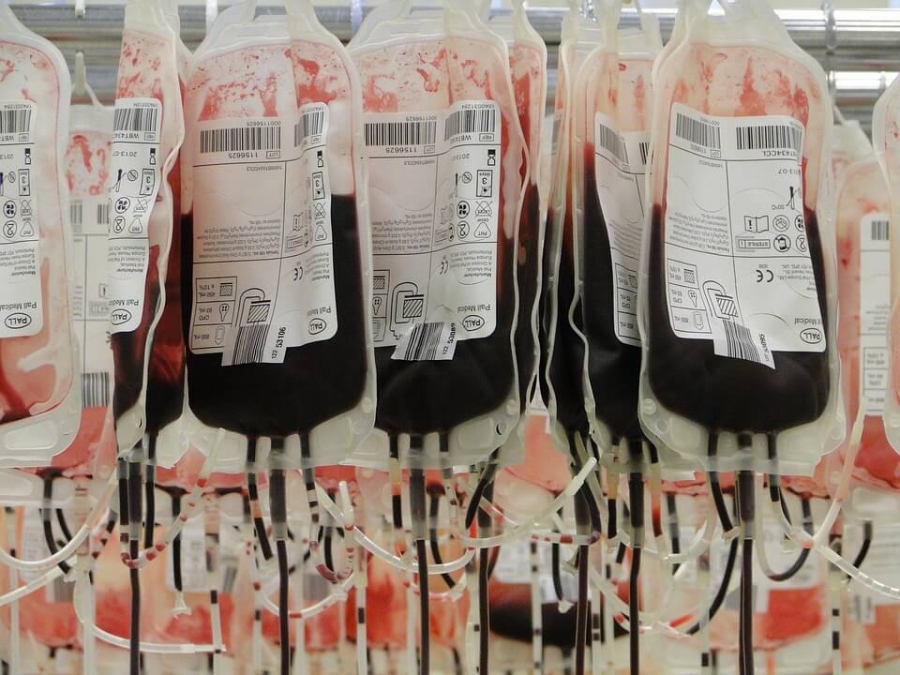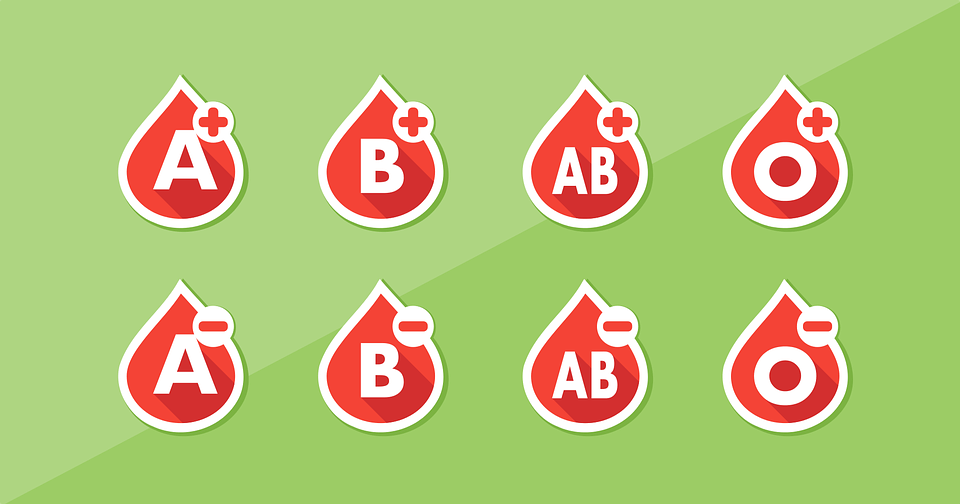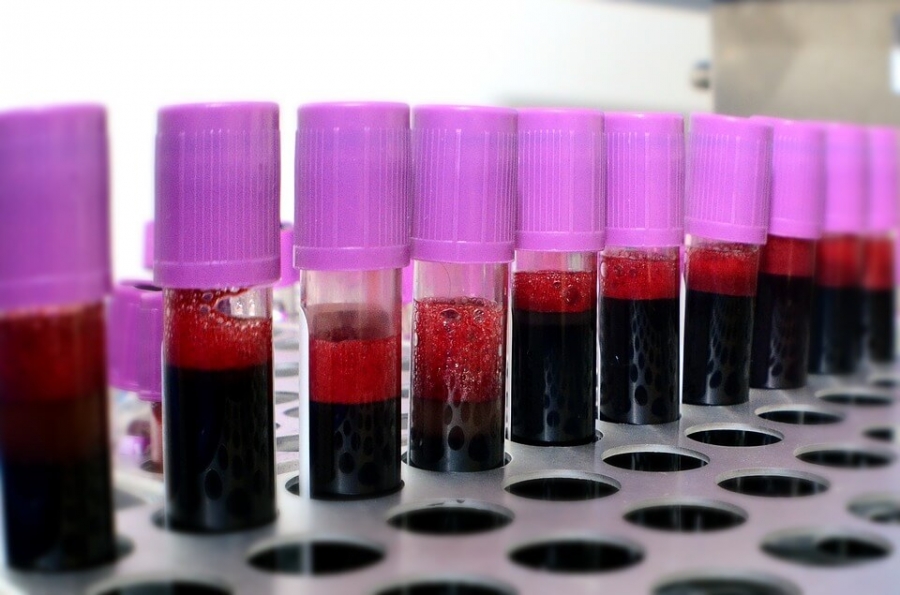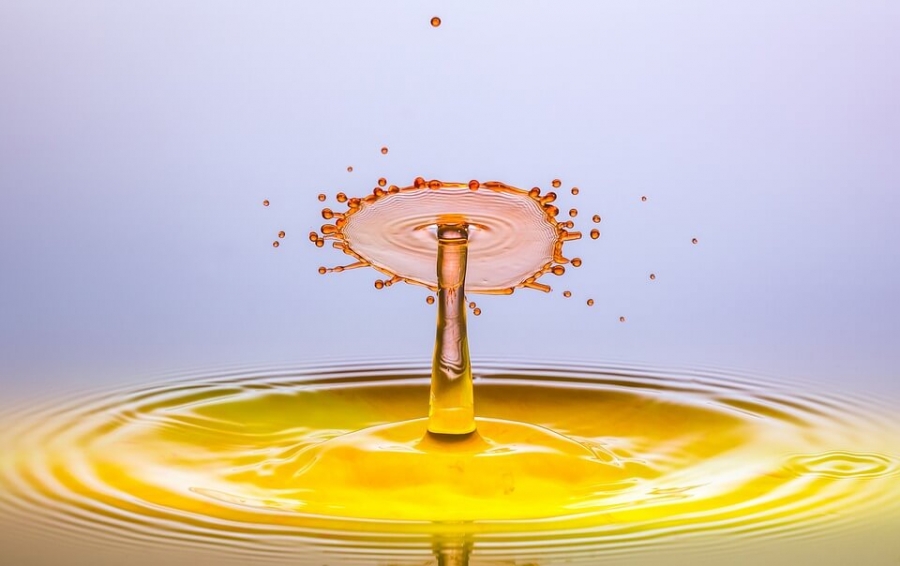“The Blood is the Life” – Bram Stoker
Blood flowing through our body is one of the most important signs, that we are alive. All humans have approximately 5 liters of blood. But what is blood made up of and why is it so important? Routinely Blood consists of clear extracellular fluid, known as Plasma & formed elements (consisting of blood cells & platelets) suspended in it. Red blood cells help in carrying oxygen, to different parts of the body (and also return carbon dioxide from tissues to lungs); white blood cells help in fighting infections by destroying attacking microorganisms, and platelets help in the clotting of blood and in minimizing blood loss in case of trauma.
Loss of blood from the human body has been a cause of concern from very ancient times, giving rise to attempts to understand blood flow better. The circulation of the blood was first discovered by an English physician in 1628. The initial attempt to correct blood loss by transfusion of blood of another was seen to be successful for the first time in 1665 AD, when the British physician Richard Lower successfully transfused blood, between dogs. Soon attempts were made by other physicians, to transfuse blood from dogs to animals. Needless to say, these procedures had disastrous consequences & unfortunate deaths in people, which finally stopped this dangerous procedure.

However, the success of the experiment in dogs, made many believe that blood transfusion between humans was also possible. It was again a British Gynaecologist – James Blundell, who performed the first successful human to human blood transfusion in 1818, to replace blood in a case of postpartum hemorrhage (excessive blood loss after childbirth). However, many other procedures undertaken later continued to fail, till Austrian physician Karl Landsteiner appeared in the scenario.
It was Karl Landsteiner, who in 1901, proved that all Blood in humans are not exactly the same and gave the concept of ABO blood group system. Based on Landsteiner’s work, the first successful blood transfusion took place in Mount Sinai Hospital in New York in 1907. His work would change radically the way human blood transfusion was looked upon, and he was awarded the Nobel Prize for Medicine in 1930 for his accomplishments. These blood groups depend on the presence of blood group antigens. The surface of every red blood cell in the human body has certain proteins & sugars, which are known as blood group antigens, which determine the blood type of every individual.
The blood group antigen of an individual depends on the antigen he/she receives from their parents. An individual getting ‘A’ antigen from one parent & ‘B’ from another will have AB blood group. If the antigen received from both the parents are same, then they will have either ‘A’ or ‘B’ or ‘O’ depending on the factor inherited. Here it would be important to mention that Blood type O, does not contain any antigen, and is suppressed by ‘A’ or ‘B’ antigens. Hence if one parent has ‘A’ or ‘B’ blood antigen and the other has ‘O’ antigen, then the child will have – A or B blood group respectively. Hence as far as ABO blood grouping system is concerned, there are 4 Blood Groups – A, B, AB and O groups.

Besides the important ABO system, another important method by which blood group system is classified is by another antigen system called RhD protein. If this protein is present in red blood cells, then the blood type is called positive, if it is absent, then the blood type is said to be negative. The most common way of classifying people depending on their blood group combines the above 2 types and people are divided into 8 common blood groups. These are = A+, A-, B+, B-, AB+, AB-, O+ and O-. When a person receives blood from otherindividuals having a different blood group, then in most of the situations (unless the blood is from a universal donor – O negative) there is an immunological reaction, which can be life-threatening.
Lot many times, the question has been asked as, what is the rarest blood type in the world? In spite of some country-based variance in the broad majority of cases, consensus will be on AB negative. In the United States, AB negative has been considered as the rarest blood group. The rarest blood group in India and also in the UK is AB negative blood group. However, this is a gross oversimplification of facts.
“The truth is rarely pure and never simple” – Oscar Wilde
The 8 blood groups discussed above can again be subdivided into many different types, depending on multiple varieties of antigen combinations. It would be prudent to mention here that there are an estimated 342 antigen molecules, present in the surface of red blood cells, which can trigger the release of antibodies in an unfavorable blood transfusion. Of these 342 antigens, around 160 antigens are found in the red blood cells of most individuals.
Majority of these 342 blood antigens are arranged into 35 blood type groups (as recognized by International Society of Blood Transfusion) systems in which the Rh system, is considered as one of the largest containing 61 antigens. The D antigen is the most important among these in the Rh system, which is missing in almost 15% of the Caucasian population, making them known as (incorrectly) Rh-negative blood group.

Keeping in view the above discussion, how do we define – which blood group is rare? And what is the rarest blood group? There are some scientific standards to decide on that. If a person lacks an antigen, which is present in 99% of people in the world, then that person’s blood group is rare. If he/she lacks antigen that is present in 99.99% of the population, then that blood group is extremely rare. If a person with such a blood group receives blood from an individual, which contain antigen that they lack, a serious transfusion reaction would take place, which very likely would be lethal.
Coming to the crux of our discussion, it would be safe to say that, the rarest blood group is Rh Null. If a person lacks all the 61 antigens of the Rh Blood grouping system, then he/she is said to have Rh null blood group. Rh null, which is also known as the “Golden Blood” is the rarest blood group in the world. Rh null was first discovered in 1961 and in the span of many decades that have passed since then only 43 people in the entire Earth have been identified to have this type of blood, making it the rarest blood group in the world.
Rh null blood group has been rightly called – Golden Blood group, due to its precious nature & the important role it plays in medical science. A person with golden blood group/ Rh null blood group can be considered as a universal donor for any person with rare blood within Rh system, as it lacks all antigens of this system, hence is safe for transfusion to these people. It is also highly sought after by scientists for research purposes, who want to study its unique properties.

Unfortunately, for people with Rh null blood group, their uniqueness comes at a strong personal disadvantage. If they suffer from any kind of trauma and need a blood transfusion, trying to get the right blood for them would be a nightmarish experience. Of the 43 individuals in the entire world, who have Rh null blood group, only 9 individuals are known to donate blood & again they are scattered throughout the world. This makes it very highly obvious that in case of emergency, it is very difficult to get Rh null blood for transfusion.
It is clearly obvious that in spite of the outward appearance of human blood, deep down we are not exactly alike – at least in terms of the blood that we carry. The identification of blood groups has been an important milestone in the advancing journey of medical science. Without properly identifying different blood groups, a blood transfusion would have been impossible. Unfortunately, a few individuals have blood groups so rare, that their blood may be highly valued by scientists & doctors all over the world. Unfortunately, this uniqueness can have serious drawbacks for these individuals themselves.
In spite of rapid advances in all spheres of life, many people are still ignorant about their own blood group (including in the developed nations). This ignorance can be catastrophic for these individuals themselves and those near & dear to them at the time of medical emergencies. Test to determine the blood group takes only a few minutes & is relatively cheap. Prior knowledge of blood groups can avert disaster in many situations when time is of the essence.